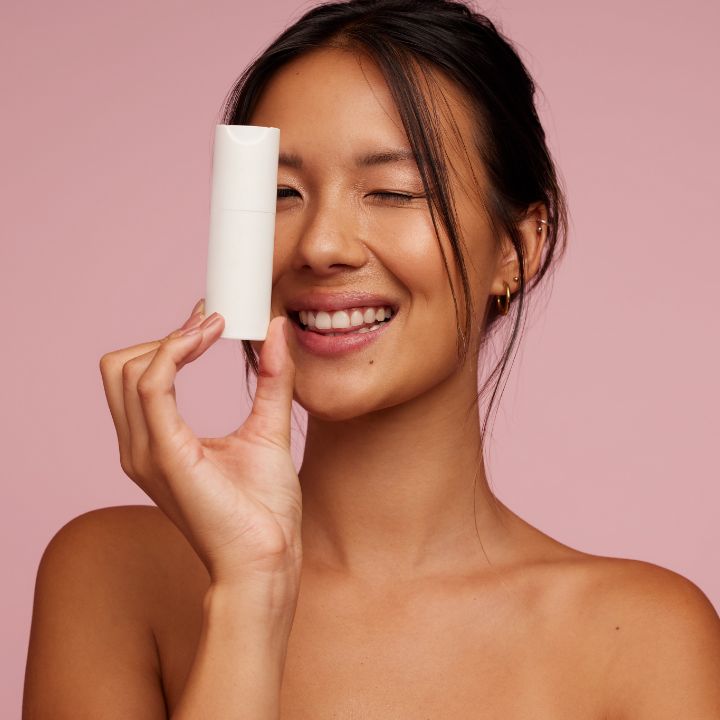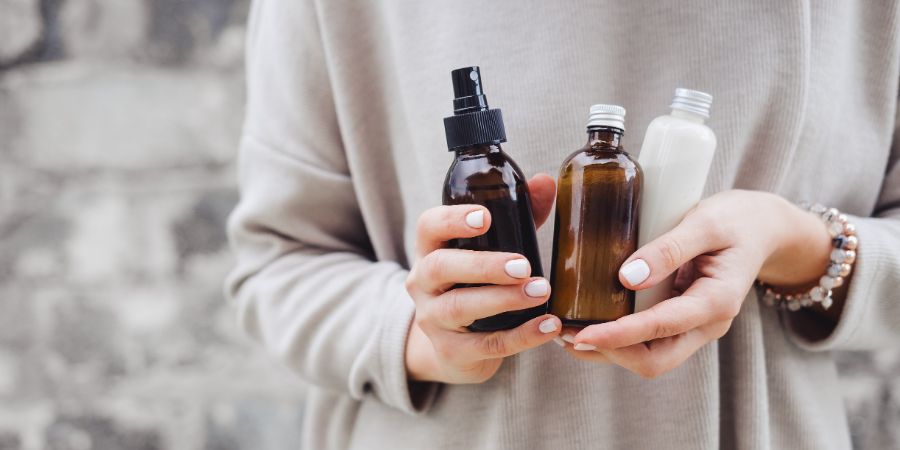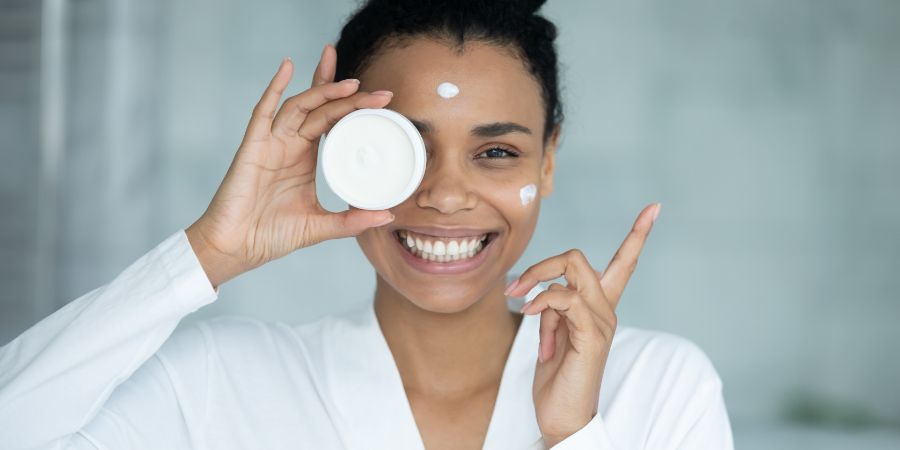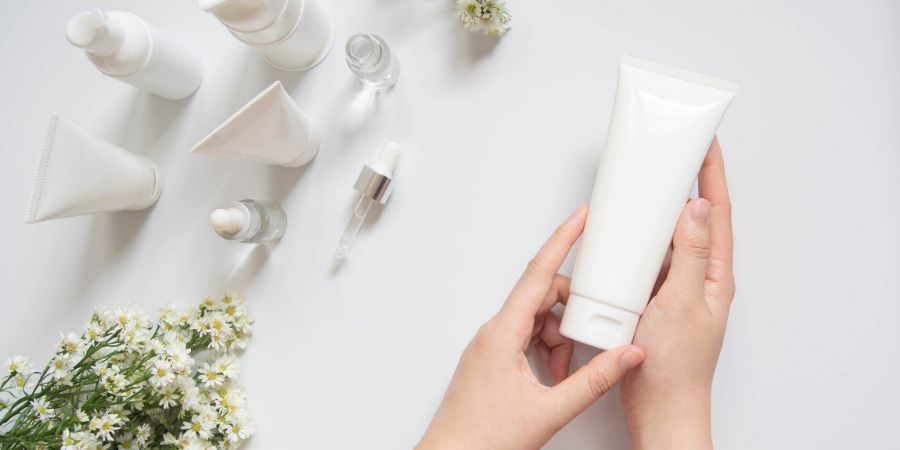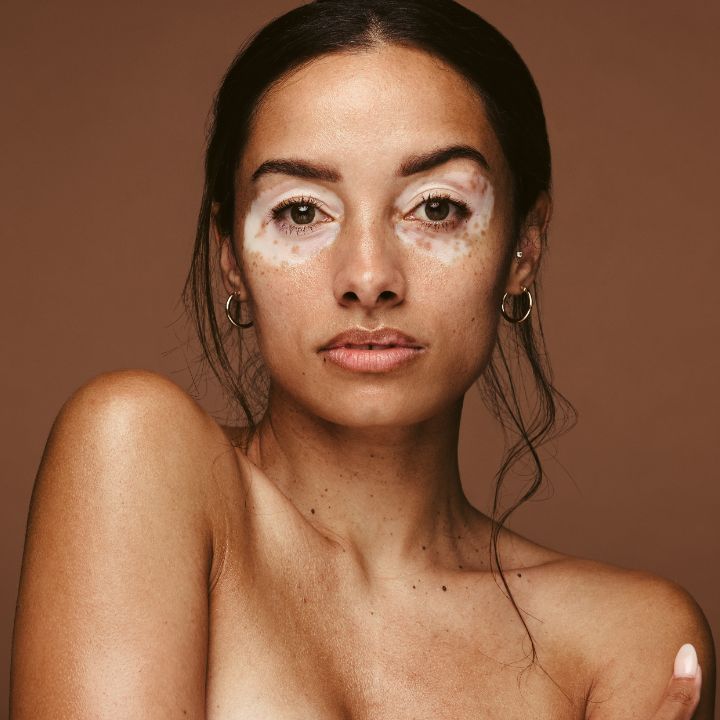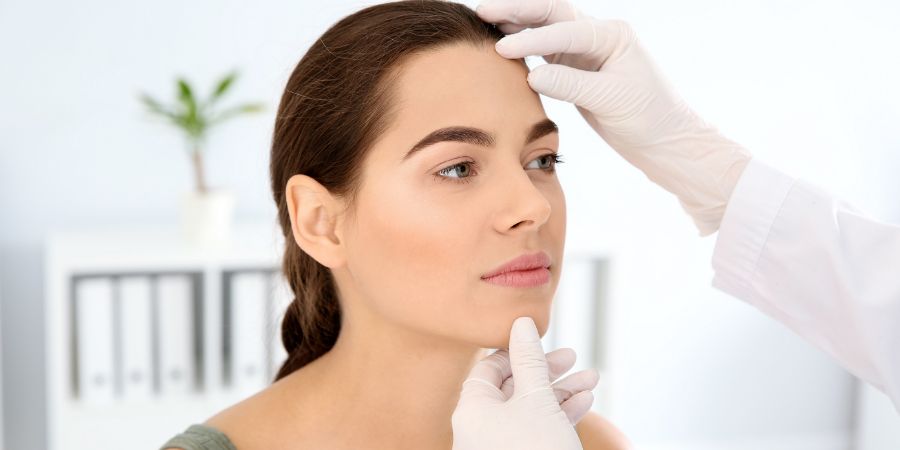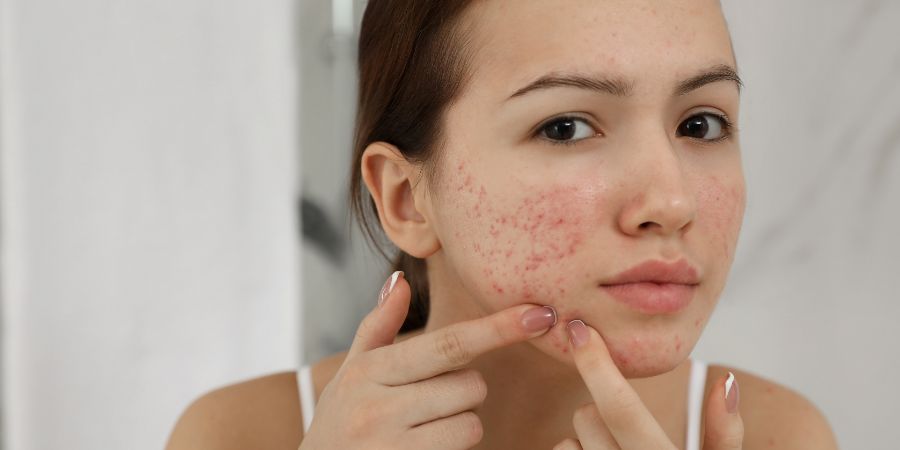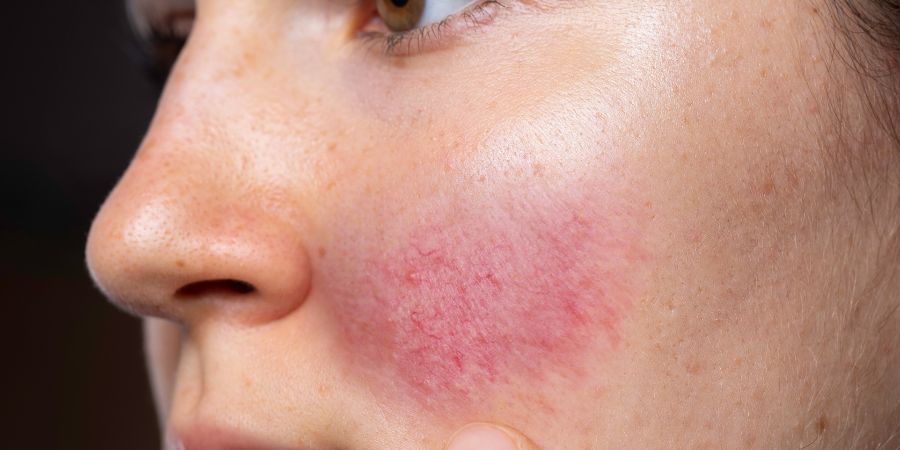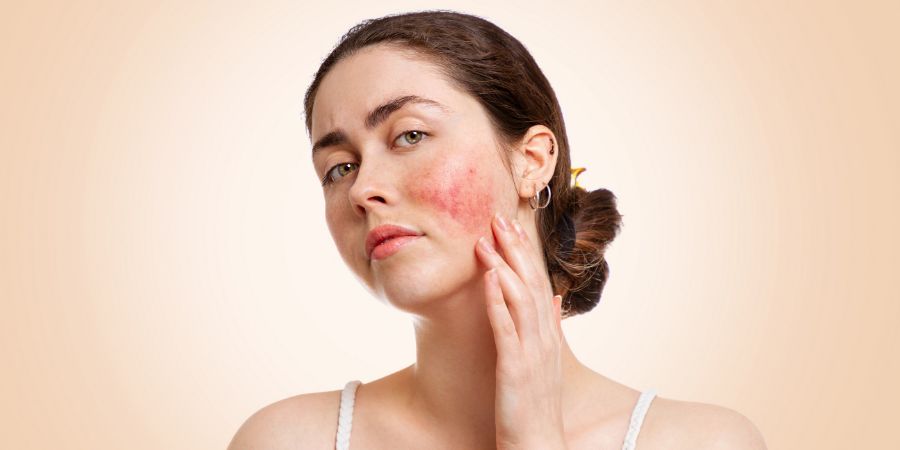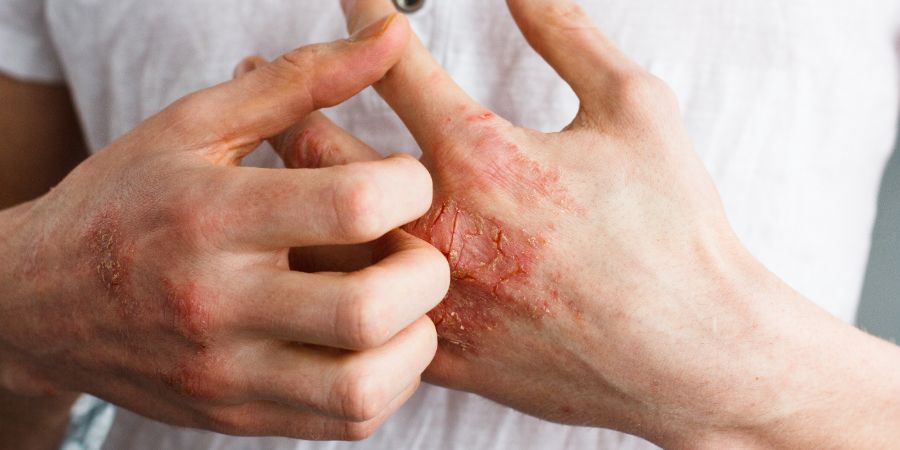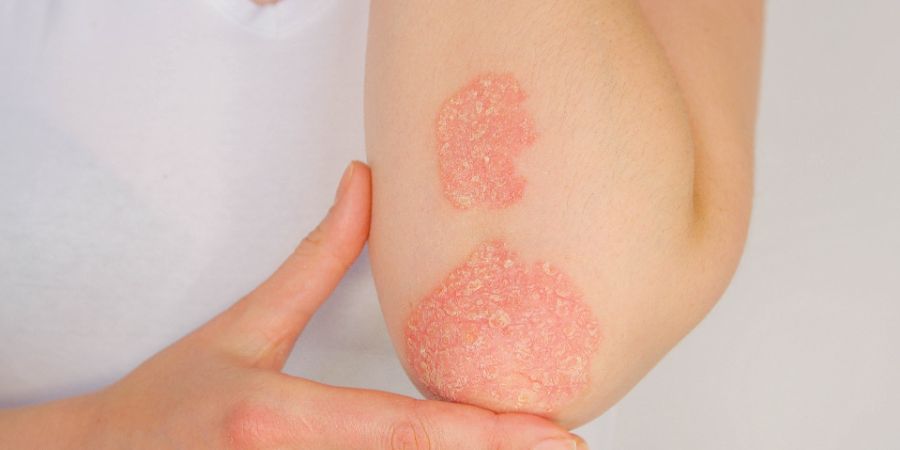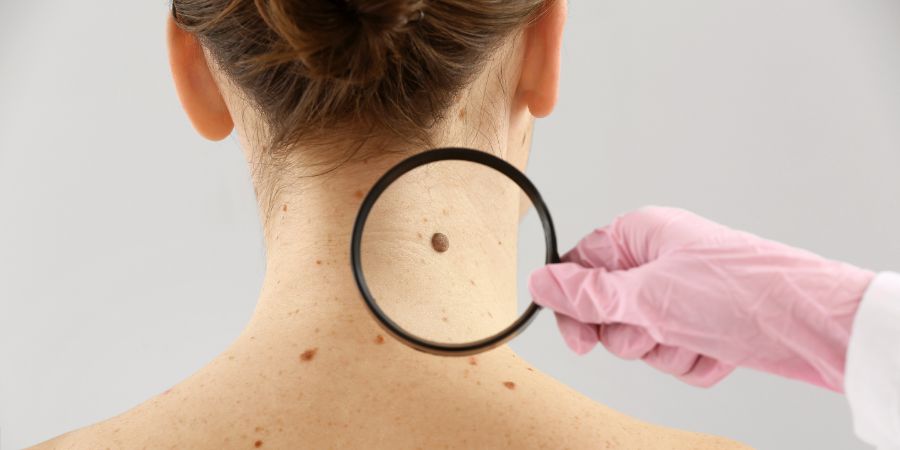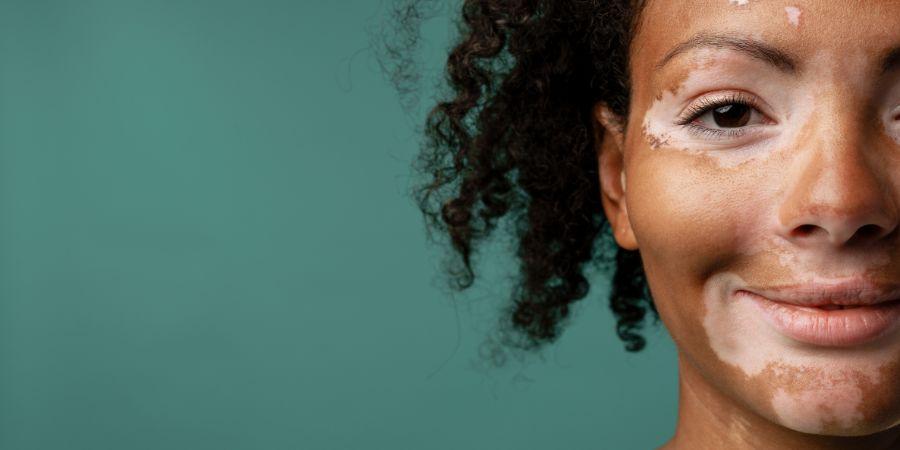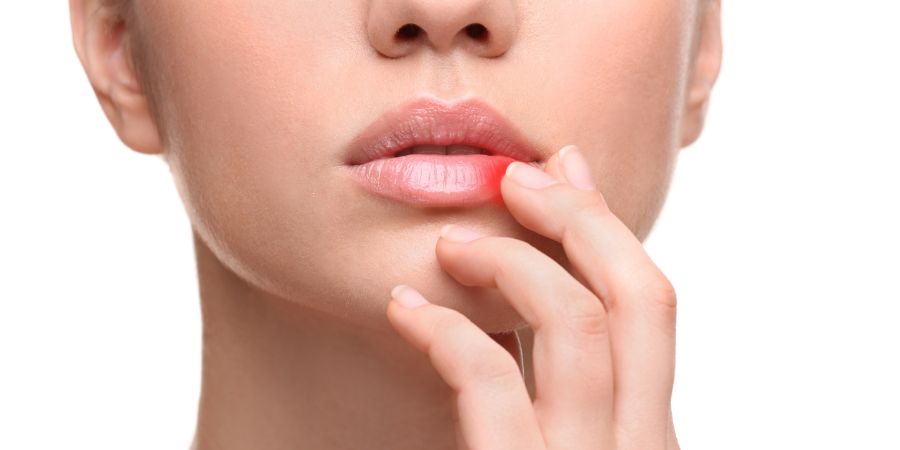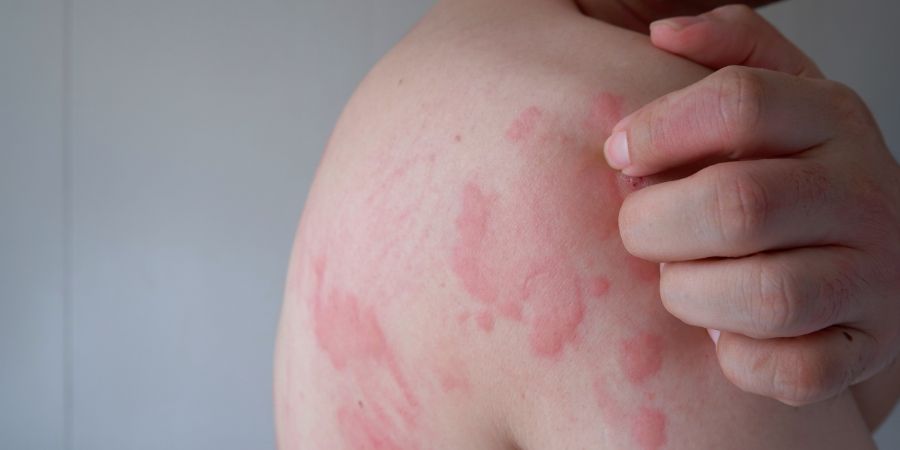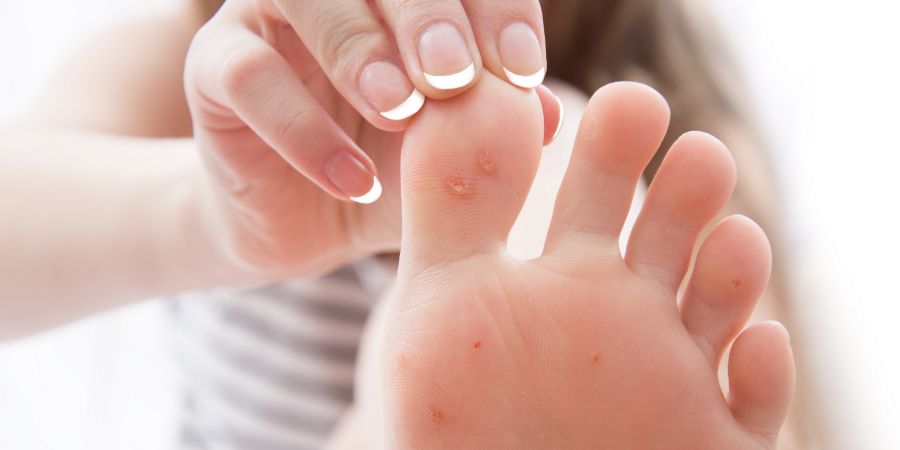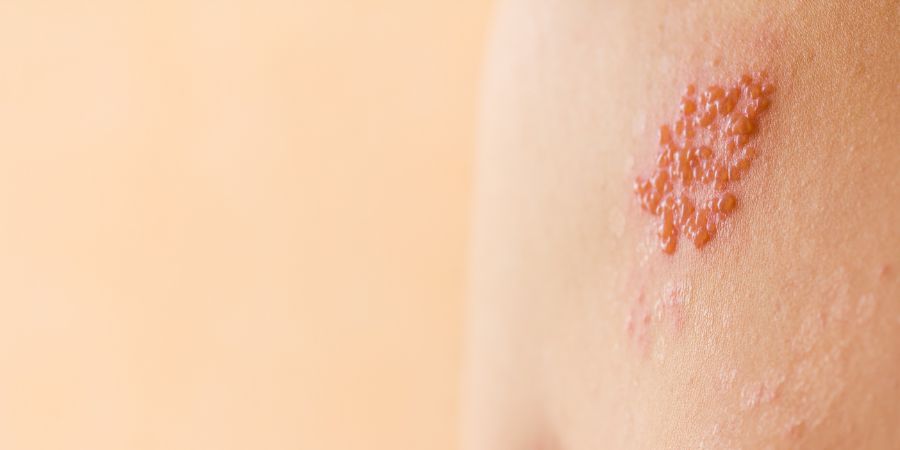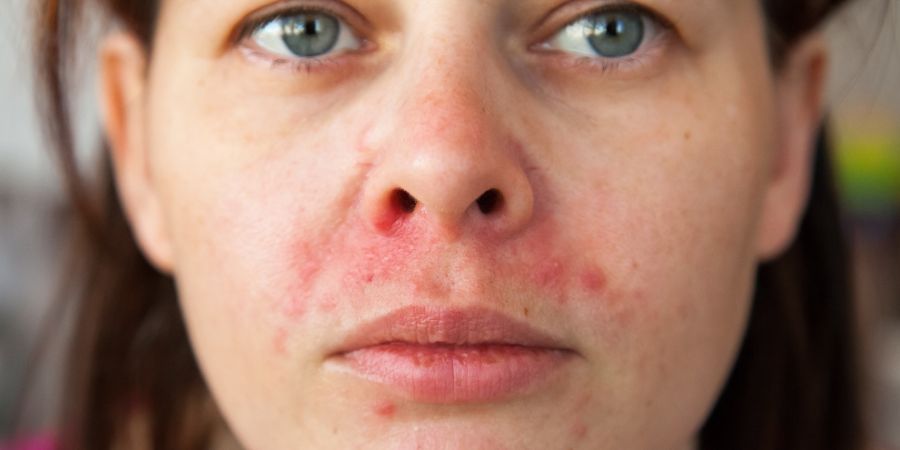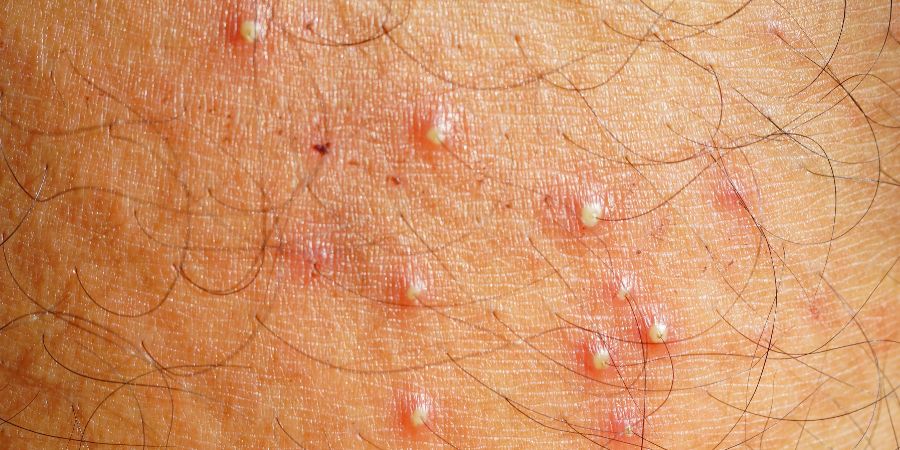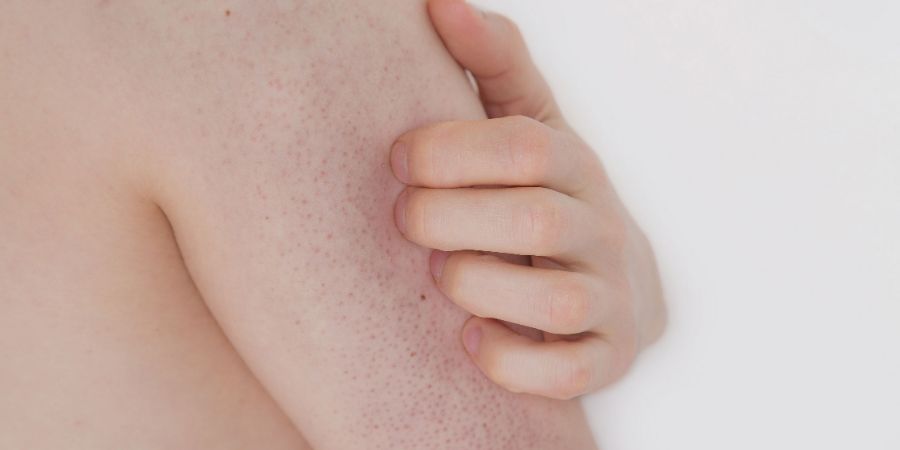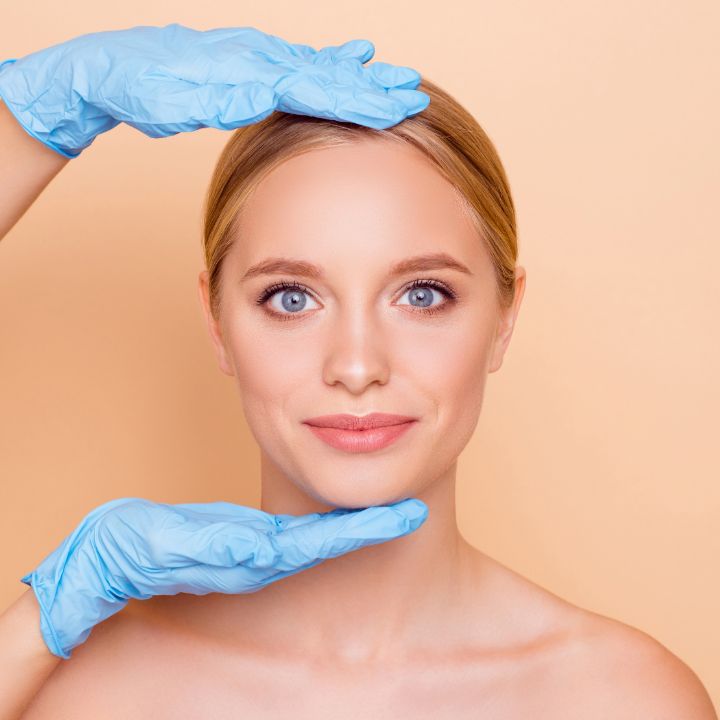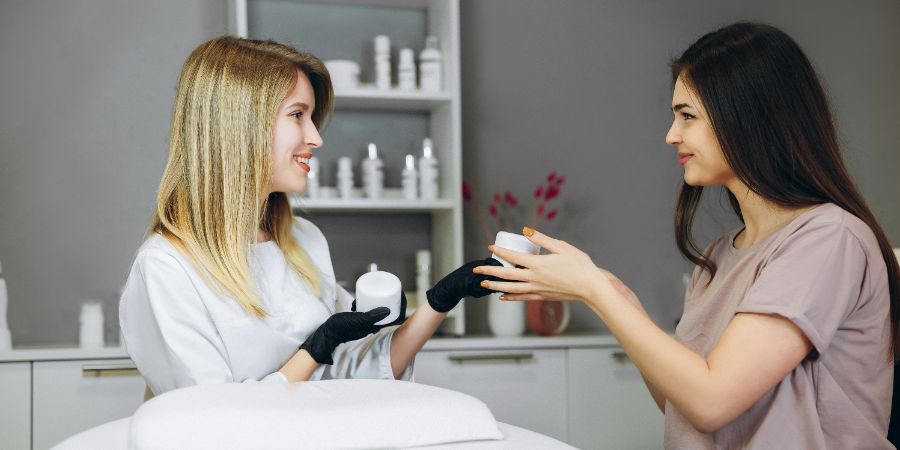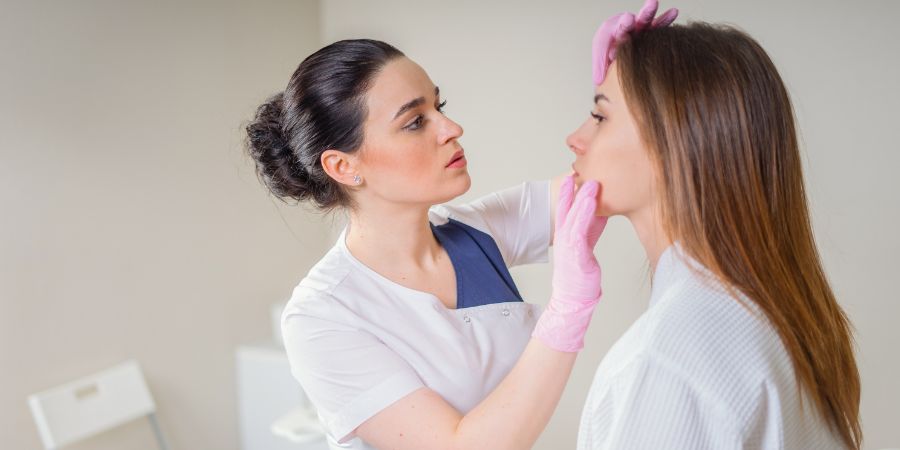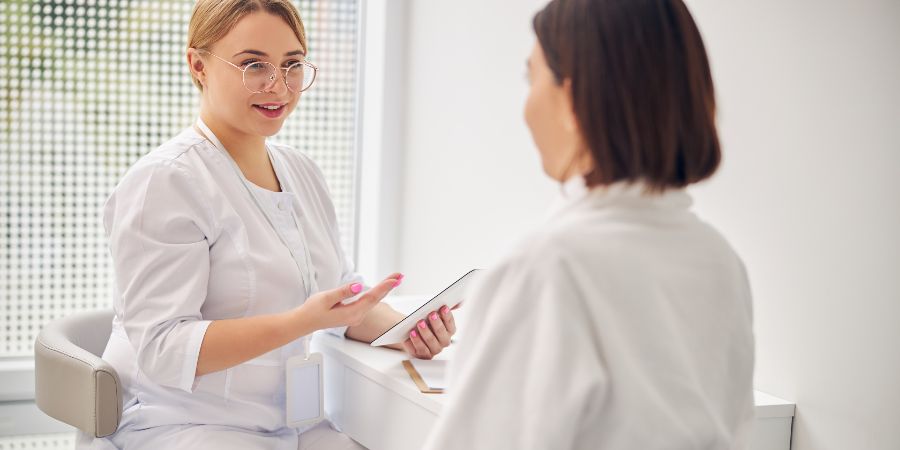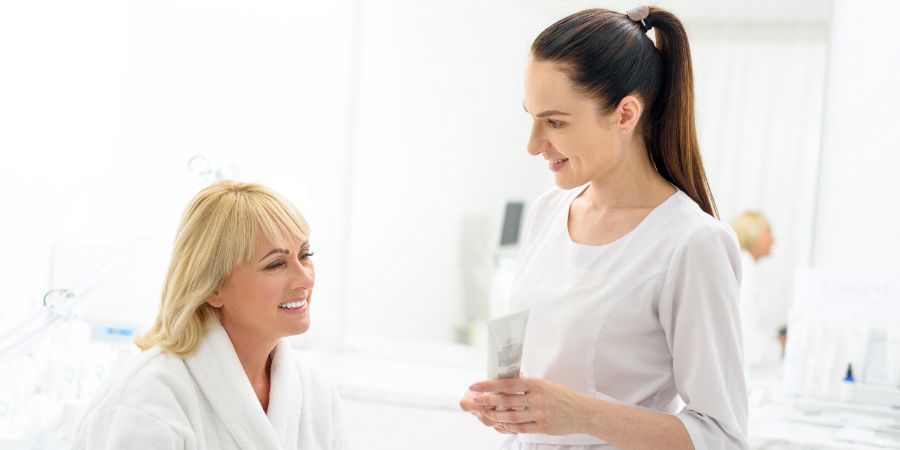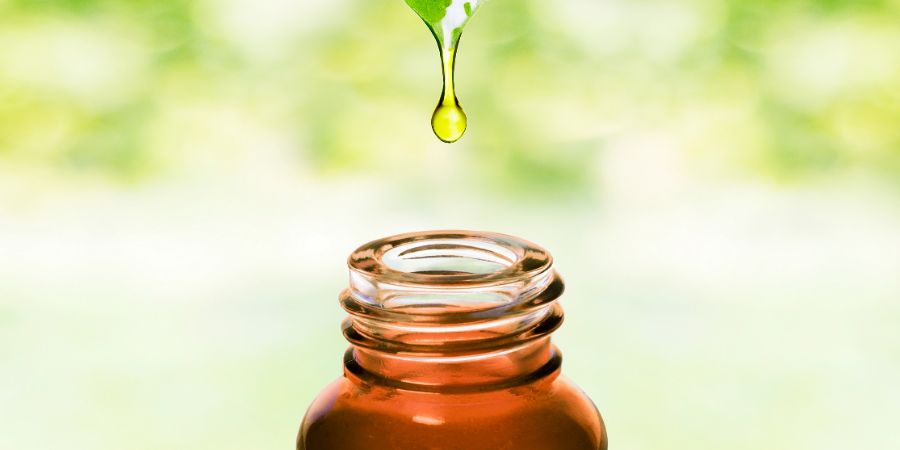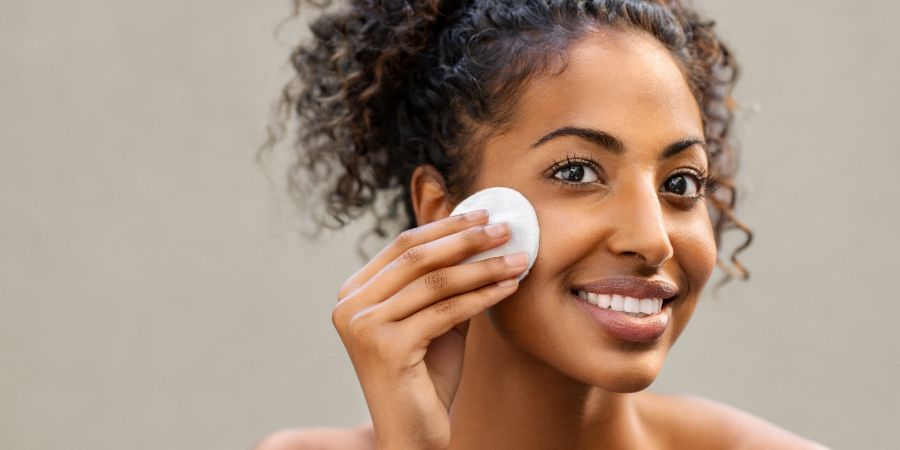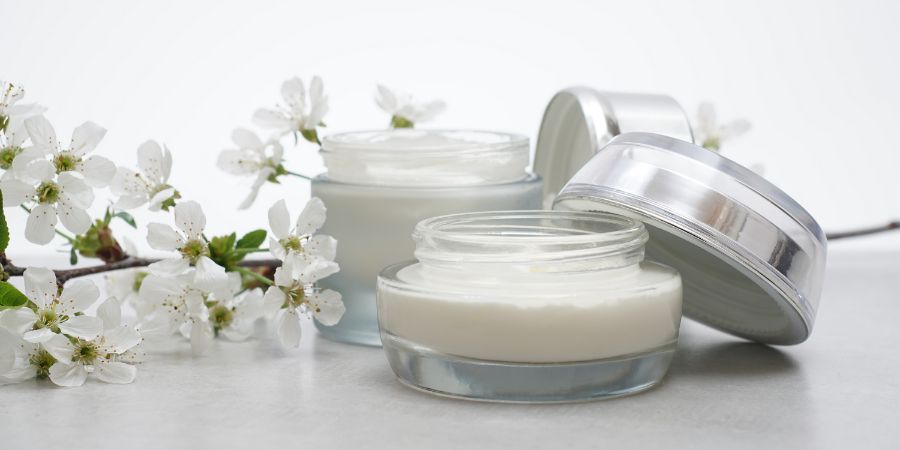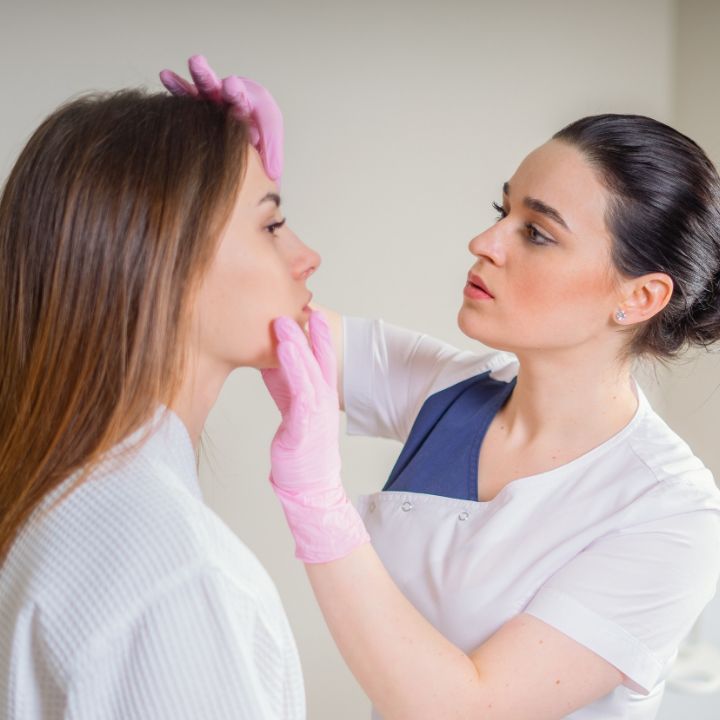
Starting a career as a skincare consultant can be an exciting and potentially lucrative venture – but setting the right price for your services is key! So, how much should you charge as a skincare consultant? Furthermore, how do you decide what pricing structure to use?
This article will explore these questions and more so that you can make sure you are properly charging for your services!
So, let’s get started!
How Should You Be Charging as a Consultant: The Different Pricing Structures
When it comes to pricing, there are several different options available at your disposal. The most common pricing structures for a skincare consultant are:
- Hourly rate;
- Flat fee;
- Or package rate.
Let’s dive into each of these in more detail:

1. Hourly Rate:
Some skincare consultants opt for an hourly rate model because it allows them to charge clients based on the amount of time they spend providing services. This makes it easy for clients to know exactly what they’re paying based on how long the job takes.
How to Set an Hourly Rate
When setting an hourly rate, consider your experience level, the type of services you’re providing, and how much your competitors are charging. It’s important to set a rate that’s fair for both you and your clients!
What is the Average Hourly Rate for a Freelance Skincare Consultant?
The average hourly rate for a freelance skincare consultant is $50-$100. Of course, this varies depending on the market and your experience level. So, it’s important to do your research before settling on a rate.
Not yet a certified skincare consultant – but want to become one? Our Ultimate Guide will break down the entire process for you in 5 easy steps!
2. Flat Fee:
A flat fee model is another option that you could choose because it allows you to set a single price for your services – regardless of how much time you spend working. Firstly, this makes it easier to plan for income potential. Secondly, it also allows you to charge a premium for your services.
How to Set a Flat Fee
When setting a flat fee, you should consider the scope of work and the type of services that you are providing. Additionally, it’s important to factor in the amount of time and energy you’ll be investing into the project. Lastly, research your competitors’ rates to ensure that you are setting a competitive price.
What is the Average Flat Fee for a Skincare Consultant?
The average flat fee for a skincare consultant can range anywhere from $500-$2,000 depending on the scope of work and your experience level.
3. Package Rate:
Lastly, some skincare consultants choose to offer package rates for their services. This means that you’d offer a discounted rate if the client purchases a certain number of services or products in one go. This can be a great way to get clients to commit to longer-term treatments. Plus, it’ll help you increase the average order value!
How to Set a Package Rate
When setting a package rate, you should consider the type of services and products that you are offering. You should also make sure to factor in any discounts or bonuses that you’d like to include in the package. Finally, as we mentioned already, research your competitors’ rates so that you can set a competitive price for your package.
What is the Average Package Rate for a Skincare Consultant?
On average, a package rate for a skincare consultant can range from $500-$1,500 depending on the scope of work and your experience level.
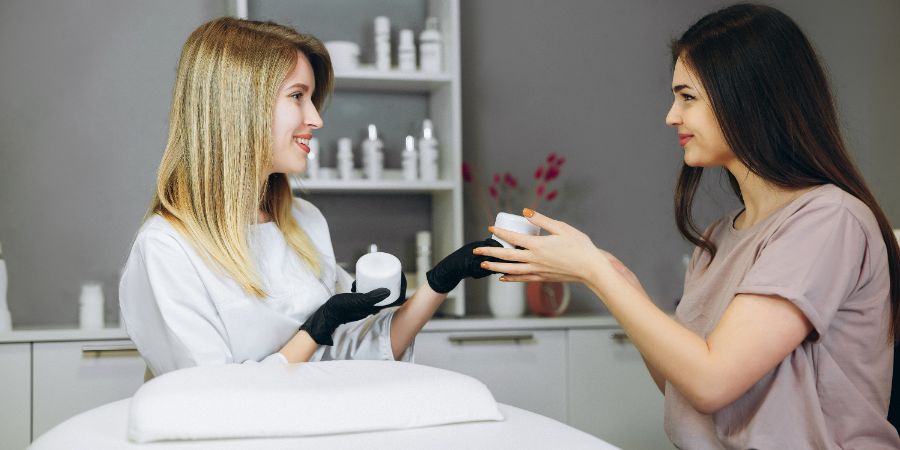
Determining Your Skincare Consultant Fees: Competitor Research
While it’s important to set a price that you know is fair for the services you are offering, it’s also important to remember that pricing should be competitive, too. Meaning, if your services are priced too low, clients may not take you seriously. On the other hand, if they’re priced too high, then it might be difficult to get clients in the first place.
To ensure that you’re pricing your services fairly, it’s always a good idea to do your own research and see what your competitors are charging for similar services. This will ensure that you’re not undercharging and you’re not overcharging either!
How to Conduct Competitor Research
When conducting competitor research, you need to take into consideration both their pricing structure and the type of services they offer. Additionally, it can also be helpful to pay attention to any additional bonuses or discounts that competitors might be offering as well.
So, start by doing a Google search and make a list of all the skincare consultants in your area. From there, look over their websites and social media. This will help you get a better understanding of what they offer and how much they charge for their services.
For more tips on doing a competitor analysis, we recommend this blog article by the U.S. Chamber of Commerce!
Learn how to start a skincare consulting business of your very own!
10 Key Factors to Consider when Pricing Your Consultant Services
1. Your Target Market
Knowing who your demographic is – and their average income in your area – will help you determine how much clients can afford to pay for your services. If you’re not sure who your target market is, here are some tips to help you identify them!
2. Your Time Investment
You should also factor in the amount of time it takes to complete a service or project. How many hours does it take you to do a full skincare consultation? Moreover, how much time will it take you to create a customized skincare routine for a client?
By taking the time to consider your time investment, you can ensure that you’re setting a price point that covers both your costs and any time spent on a service.
3. Your Education and Experience
Your knowledge, experience, and credentials are all factors that should be taken into consideration when pricing your services. For instance, how long have you been in the business? What certifications do you have? How much do other professionals with similar qualifications charge for their services?
Earn your globally-recognized International Skincare Consulting Professional (ISCP) in as little as 2 short months with QC Makeup Academy’s self-paced, online Skincare Course!
4. Your Overhead Expenses
When running a business, it’s important to factor in any overhead expenses such as rent, utilities, insurance, advertising costs, etc. The reason you need to factor these expenses into how much you charge as a skincare consultant is so that you can ensure your business is profitable.
5. Professionalism and Branding
How professional and polished your website, social media accounts, and other marketing materials look can also have an impact on your pricing. For example, if you have a sleek website and professional branding materials, it’s likely that clients will trust you more and be willing to pay more for your services.
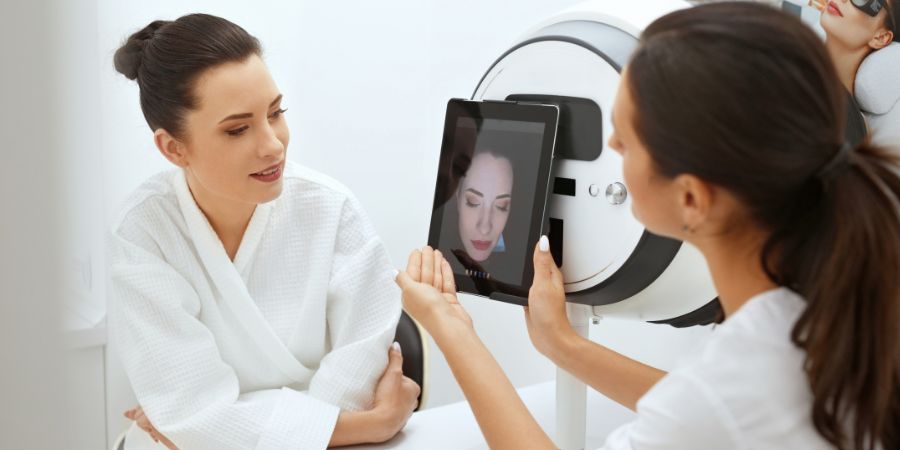
6. Your Location
Where you are based also plays a role in setting the fees for your services. For instance, if you’re based in a city with a high cost of living, then it could be reasonable to charge more for your services as compared to someone who is based in a rural area.
7. Your Delivery Method
This refers to how you provide your services – online or in-person? Depending on which delivery method you choose, certain costs might be associated with it (such as travel or technology fees). So, take these into consideration as well when setting your price points!
In LESS than a month, learn how to transfer all of your skincare consulting services online with QC Makeup Academy’s Virtual Training mini course!
8. Your Payment Terms
The payment terms you offer can also have an impact on how much you charge for your services. For instance, if you offer discounts for clients who pay upfront or in full, this could help you increase your profits. On the other hand, if you offer payment plans or installment options, then it’s likely that you’ll have to charge more for your services in order to cover any costs associated with these payment terms.
9. Your Reputation and Reviews
Your past clients’ reviews and testimonials could also affect how much people are willing to pay for your services. For example, if you have positive reviews from previous clients, potential customers might be more likely to trust in your knowledge and experience. In turn, this could lead them to paying a higher rate for your services!
Uh oh… Did someone leave your business a bad review? Never fear – here’s how to handle it properly and professionally!
10. Your Goals as a Skincare Consultant
Finally, it’s important to consider your goals with regards to pricing. For starters, how much money do you want to make as a skincare consultant? How much do you need to charge in order to meet these goals? And how much profit do you want to make each month?
Answering these questions can help guide your decision on how much you should charge for your services!
Frequently Asked Questions
Before we wrap things up, let’s answer some of the most common questions when it comes to pricing as a skincare consultant (and a consultant in general)…
Q1: Should you set your prices using a consultant fee structure template?
A1: While templates can be helpful, it’s important to remember that each consultant’s fees should reflect their individual experience and expertise. As such, it’s best for you to customize your fee structure based on the factors mentioned in this article.
Q2: Should you charge for the initial client consultation?
A2: This is entirely up to you! Some consultants choose not to charge for the initial consultation, while others do. It really depends on your preferences and goals.
Q3: How much should you charge for an online consultation? What about an in-person one?
A3: How much you should charge for an online consult will depend on factors such as your experience and expertise, the complexity of the services being provided, and the duration of the consult. As for in-person consultations, rates can vary depending on things such as travel expenses and duration.
On average, though, online skincare consultations typically start at around $75 per hour, while in-person consults can start from anywhere between $100 to $200 per hour.

Q4: How do you negotiate consulting rates?
A4: Sometimes, you’ll encounter a client who wants to negotiate your rates. In this case, your first approach should be to try and stay firm on your fee structure. Don’t let yourself be taken advantage of! Be sure to explain the value of your services and, if needed, be willing to compromise on certain aspects.
Now, if your client is approaching things politely and respectfully, and you’re willing to barter, then you can certainly negotiate your rate. Just make sure that whatever changes you agree on are beneficial to BOTH parties (and not just your client)!
Q5: How do you bill for consulting services?
A5: How you bill for your services will depend on the type of payment method you offer. Generally, you can use a variety of options, including invoices (sent via email or snail mail), debit/credit cards, PayPal, etc.
It’s important to remember that, if you offer payment terms such as “Net 30” or “Net 60”, you should factor in the associated costs in your final fee structure.
Q6: What is the “rule of thirds” in consulting fees?
A6: The rule of thirds is a pricing strategy in which you compare the value of your services to the amount that you are charging for them. This way, you can make sure that your services are priced fairly and reflect their true worth.
To use this strategy, divide your fees into three parts:
- Cost of delivery (this includes your time, labor and materials);
- Overhead expenses (such as travel costs, software fees and office supplies);
- And finally, your desired profit margin.
Using the rule of thirds can help ensure that you are charging a fair and reasonable fee for your services and also make sure that you are able to meet all of your business goals.
Q7: Should consultant charge for travel time?
A7: Yes, you should definitely include travel time in your pricing structure if you expect to be compensated for it. This is especially important if you are providing services in person and traveling from one location to another. How much you charge for travel time will depend on factors such as the distance traveled, time spent on the road, and any associated expenses.
Furthermore, it’s important to note that you should always communicate your travel fees clearly with your clients BEFORE you agree to any services. That way, everyone will be on the same page from the start.
Q8: What is the average STARTUP consultant hourly rate?
A8: If you’re a brand-new skincare consultant with minimal experience under your belt, you should start out by charging around $50-75 per hour. This is a good starting rate as it allows you to gain experience, establish yourself in the industry, and get your feet wet.
From there, once you start to build a clientele and gain more expertise, you can then start increasing your rates accordingly. Ultimately, the amount you charge should reflect your experience and the value that you can provide to clients.
Q9: Do consultants charge up front?
A9: How you charge for your services will depend on the type of payment method and terms that you offer. Generally, it’s best to have some type of up-front payment before any services are rendered. This can be in the form of a deposit, retainer fee, or even a full payment up front.
Q10: What is the average markup for a consultant?
A10: If you’re unfamiliar with this term, a markup is essentially an amount that is added to the cost of a service or product. For example, as a skincare consultant, your markup would be the amount that you charge for a service above and beyond the cost of materials, labor, etc. One example of this could be charging a client $200 for a facial when the cost of materials and labor is only $150.
The average markup for consulting services can vary depending on many factors, such as your experience, expertise, and the value you can provide to your clients. Generally speaking, a markup of 20-50% is considered the standard.
Q11: What is a good profit margin for skincare consulting?
A11: A good profit margin for skincare consulting will depend on many variables such as your experience, services offered, cost of materials, and overhead expenses. Generally, we recommend aiming for a profit margin of 15-20% as a good starting point. This will give you enough room to make a profit without overcharging your clients for services.
Of course, as you gain more experience and become more in-demand in the industry, you can then start increasing your profit margins accordingly. Ultimately, your pricing should reflect the value that you are providing to your clients and make sure that your business stays profitable.
Q12: How do you get a true 30% markup?
A12: A “true 30% markup” is a term used to describe the amount that you should charge for services in order to make a profit of 30% – after accounting for expenses like materials, labor, etc.
To calculate your true 30% markup, you’ll need to determine the cost of materials and labor for a service (plus any additional overhead expenses) first. Then, you can add 30% of that total cost to get your true markup amount. This will ensure that you are making a profit while still providing fair pricing to your clients.
For example, if the cost of materials and labor for a service is $100, then your true 30% markup should be $130. By following this formula, you can make sure that all of your skincare consultant services are priced appropriately and that you are making a profit!
Q13: How many hours do skincare consultants work per week on average?
A13: How many hours a week you work as a skincare consultant will depend on your individual goals and preferences. Some consultants may prefer to work full-time, while others may opt for a more part-time approach.
On average, most skincare consultants tend to work about 30-40 hours per week. This can vary depending on:
- Your client load
- The services you offer
- How often you take breaks and vacations, etc.
Ultimately, it’s up to you to decide how much time you want to dedicate to your business each week!
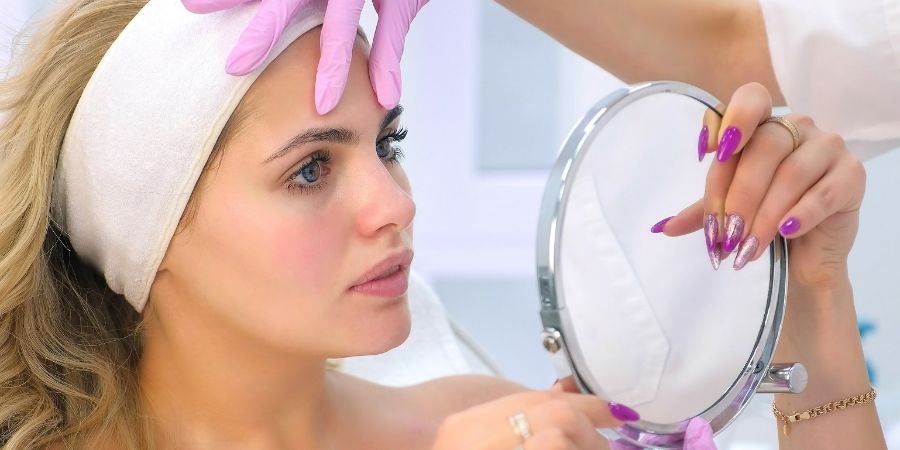
So, How Much Should You Charge as a Skincare Consultant?
Whether you’re just starting out or you’ve been a skincare consultant for years, it’s important to understand how much to charge for your services. To ensure that you’re making a profit and providing fair pricing to your clients, we recommend using the “true 30% markup” formula with all of your services. Additionally, make sure to consider your experience, expertise, your competition, and the value you offer when deciding on your rates.
With this in mind, you can confidently start charging what you’re worth!
Good luck, beauties, and thanks for reading!
